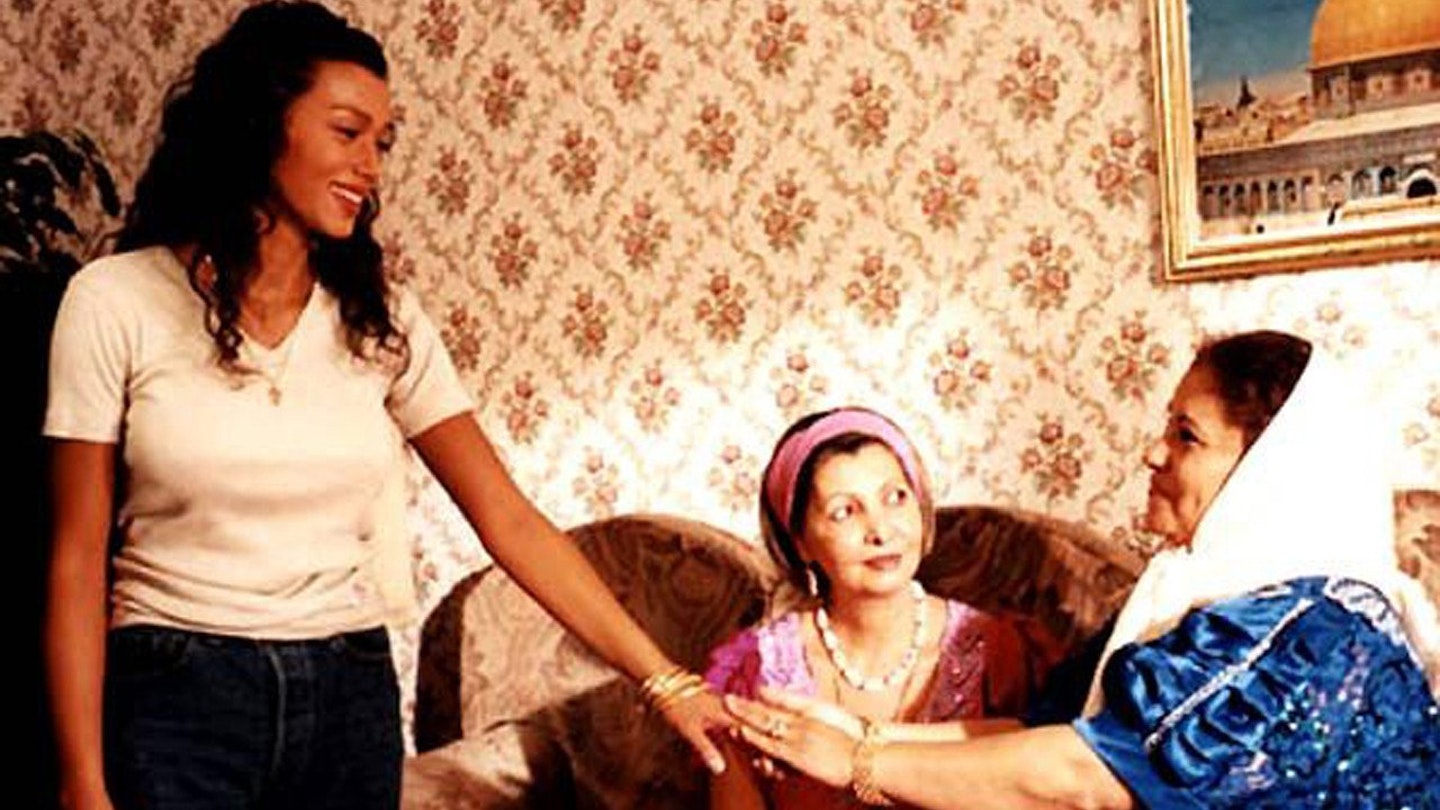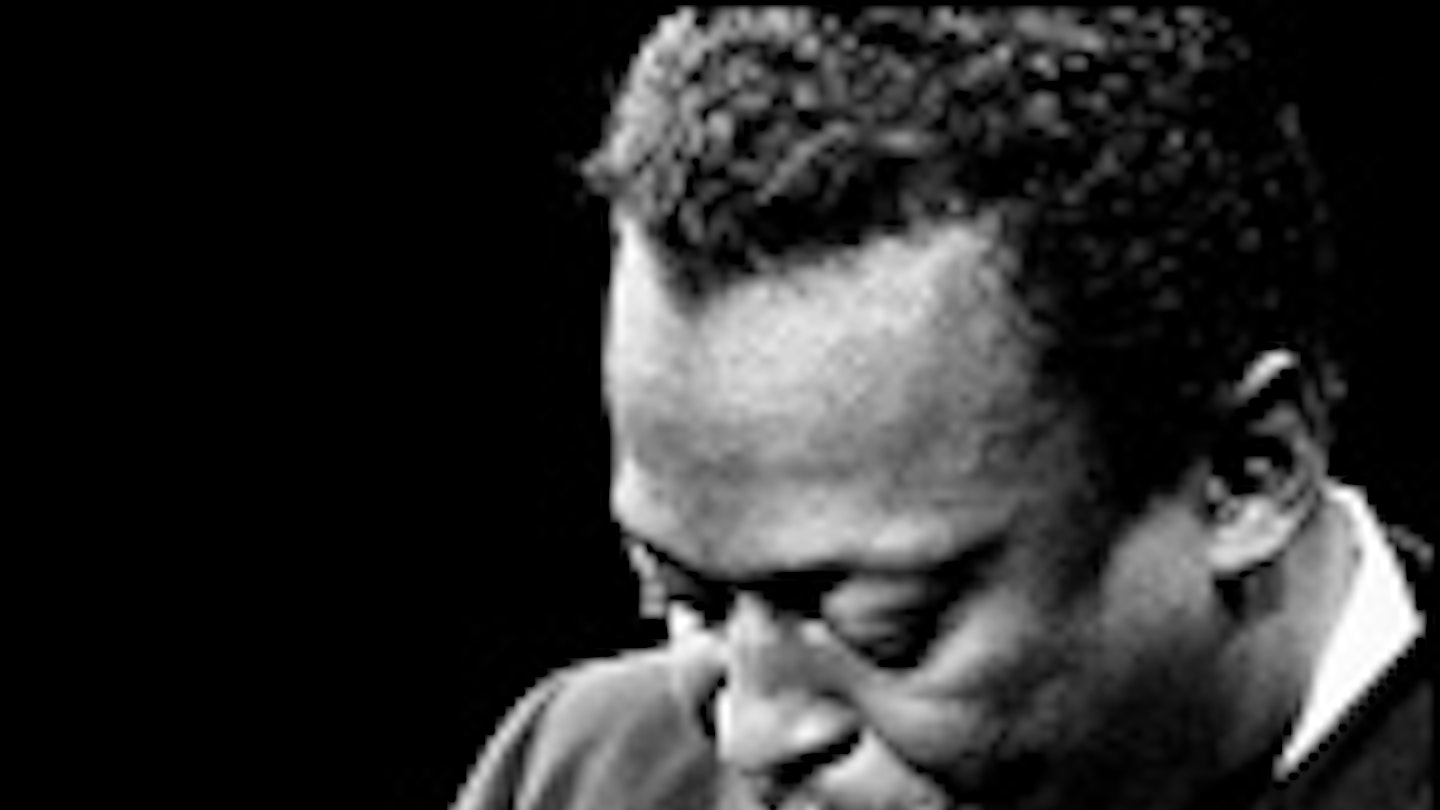Taylor Hackford's Ray Charles story - 15 years in the making, involving a tenacious, at times testy, collaboration with its subject - couldn't be more timely, coming out within months of Ray's much-mourned passing. His 50-odd-year career coincided with major cultural upheaval, and this depiction of his artistic evolution not only reflects the changing social landscape around him, but emphasises his significance as he graduated from the Chitlin Circuit to concert halls, fusing gospel with blues (an innovation denounced as blasphemous) and jazz with rock, breaking all barriers in his way.
It's a given that a musical biopic will find dramatic incident to namecheck and prompt big numbers. So a perky kid with a trumpet will mosey in announcing, "I'm Quincy Jones." And, with delicious inevitability, a heated lover's quarrel will segue into a rousing performance of Hit The Road Jack. When the characters and songs are this strong, it's a pleasure anticipating the next cue. And there are some electrifying musical sequences, like the genesis of Ray's sensuous, driving anthem What'd I Say, or the angry departure of one backing singer/lover supplanted by another, interwoven with the chicks strutting their stuff on stage.
The structure is ambitious to exhaustion, focusing on the 'heroin years', taking Ray from 18 to around 40 and ending rather abruptly with the future as historical footnote. Ray's torrid love life spices up the grimmer aspect of growing addiction, drug bust and rehab. Flashbacks in brighter colours abound, covering the Depression-era childhood of loss, piano lessons, the onset of blindness and the tough love with which Mama Robinson shaped Ray's hard-headed approach to life. (The seemingly obligatory depiction of the child's brilliant ear for music and mimicry becoming more acute as his vision dims is, yes, a tad cute, but well-handled.)
Falling on the meaty, potential role of a lifetime like a ravenous lion, erstwhile comedian Jamie Foxx, so good in Collateral, is just wonderful as the eponymous star. His impersonation of Charles (who okayed him after they played piano together) is uncanny, and his empathy with Charles' sharp mind, artistry, self-absorption, suffering and survival mechanisms is complete, compelling and charismatic.

